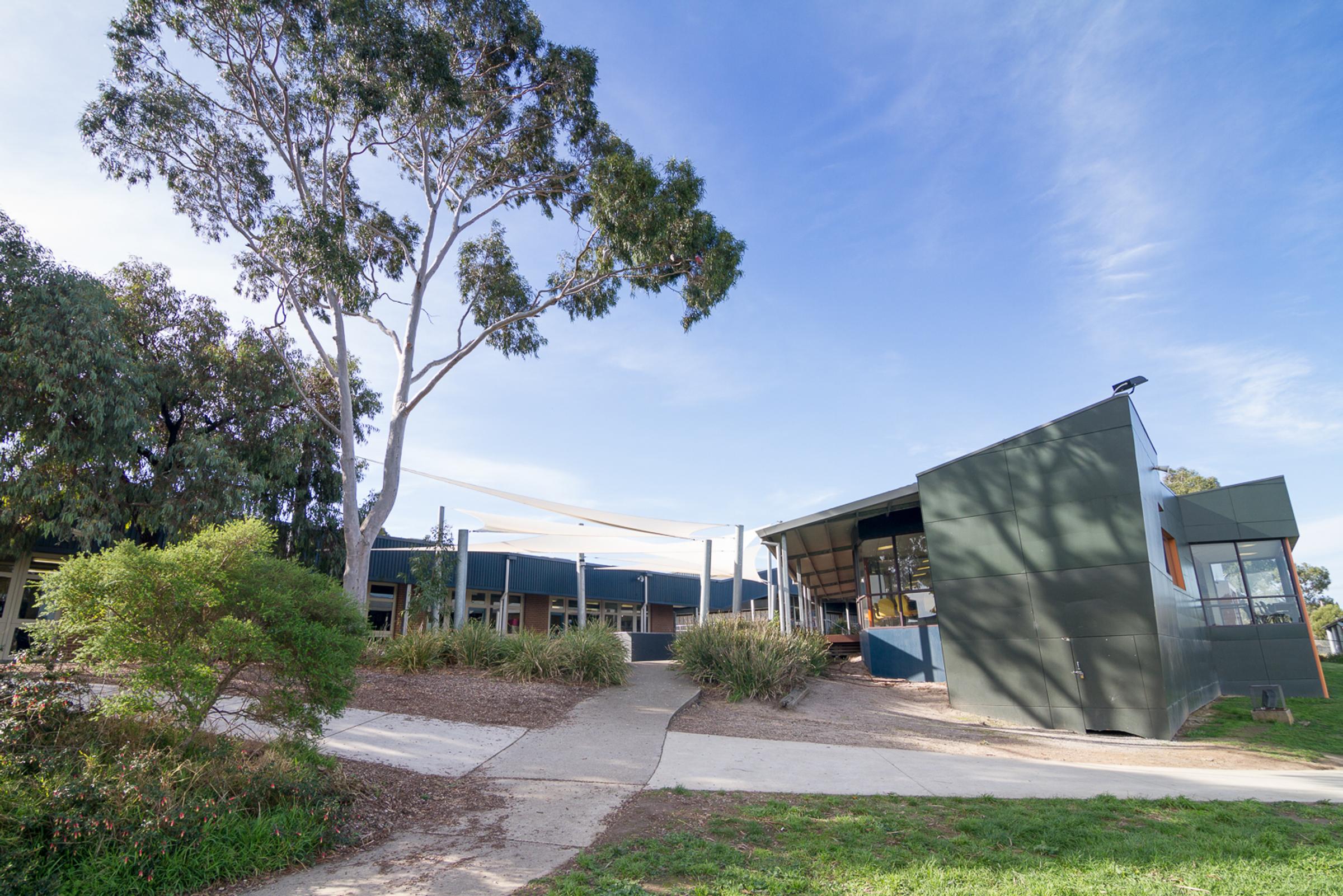Health Centre News

Thunderstorm asthma – be prepared this pollen season
Grass pollen season, which typically runs from October to December each year in Victoria, brings an increase in asthma and hay fever symptoms. It also increases the risk of thunderstorm asthma. For people with asthma or hay fever, especially those who experience wheezing or coughing with their hay fever, thunderstorm asthma can be sudden, serious and even life threatening.
East Doncaster Secondary College will implement a range of measures to keep our school community safe as the risk of thunderstorm asthma increases.
Many of our staff are trained in asthma first aid, and we will monitor the VicEmergency app to receive thunderstorm warnings, and, where appropriate, keep students indoors when weather forecasts identify greater risk.
During the season, there are some things you can do to prepare and protect yourself and your family:
- If your child has ever had asthma, talk to your doctor about what you can do to help protect them from the risk of thunderstorm asthma this pollen season, including updating your asthma action plan. Taking an asthma preventer properly and regularly is key to preventing asthma, including thunderstorm asthma.
- If your child has hay fever, see your pharmacist or doctor for a hay fever treatment plan and check if you should have an asthma reliever puffer. These are available from a pharmacy without a prescription.
- If your child has hay fever and experiences wheezing and coughing, it is important to make sure they don’t also have asthma. Speak to your doctor about an asthma action plan.
- Where possible, avoid being outside during thunderstorms from October to December, especially during the wind gusts that come before the storm. Go inside and close your doors and windows. If you have your air conditioning on, turn it to ‘recirculate’.
Protect yourself this pollen season – managing asthma and allergies matters.
Find out more
For more information, speak to your doctor. You can also visit the Better Health Channel website.
Flu Season
Symptoms of Influenza (flu) can hit very quickly and may last several weeks. Vaccination is the best way to protect yourself and others from getting the flu.
How to reduce the spread of flu and COVID-19
As a College community we are encouraged to:
- wash and sanitise our hands regularly
- avoid touching our eyes, nose and mouth with unwashed hands
- cover your nose and mouth when you cough or sneeze
- use air purifiers in the classroom
- maximise external ventilation
- MOST importantly -stay home if unwell and consult your GP or Nurse-on-call as required
- stay up to date with their flu and COVID-19 vaccinations.
Flu vaccinations
Annual flu vaccination is recommended from mid-April.
Flu vaccinations can be booked through general practitioners (GP) and pharmacies, many of which can also provide COVID-19 vaccinations. Flu vaccination is recommended for everyone aged 6 months and above. Some people are more at risk of complications from flu and are eligible for free vaccination as part of the National Immunisation Program.
COVID-19 booster
The COVID-19 booster dose is available. Please check this site to see if you are eligible for a booster vaccination. Getting your booster dose remains the best way to prevent severe illness or hospitalisation, especially in people aged over 65 and those at higher risk of severe illness.
You can get your next dose at your local pharmacy or GP. To find one near you, refer to the vaccine clinic finder.
School community members can speak with their usual healthcare provider to see if this is right for them.
Lost Property
There are numerous uniform items, watches, pencil cases, lunch containers, drink bottles, reading glasses, keys, calculators, wallets, air pods, chargers and jewellery in lost property.
If your student has lost any of these items, please send them to the Health Centre to identify and claim their item.
Rose Howarth
Health Centre
